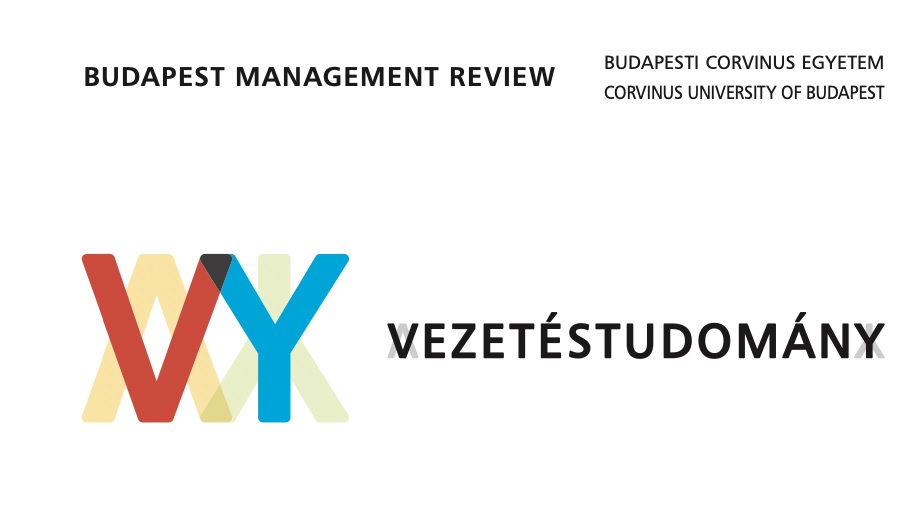Hungarian Academy of Sciences now classifies Vezetéstudomány / Budapest Management Review as “MTA A”

The monthly published Budapest Management Review is one of the most significant journals in the field of business, management, and organizational studies in Hungary, with a history of more than 50 years. It is a general management journal, which includes studies on different aspects of organizations: structure, processes, and performance, and equally on cultural, behavioural, and technological subjects. Multidisciplinary research is highly valued and papers that draw on the perspective and theoretical background of sociology, psychology, economics, political science, or communicational studies – apart from that of business, management and organization science are also appreciated.
Editors are pleased to inform their readers, authors, reviewers and the scientific community that the IX. Section (Economics and Law) of the Hungarian Academy of Sciences now classifies Vezetéstudomány / Budapest Management Review as “MTA A” (see the journal list of business and economic here, rating valid from the 1st of June, 2023).
Contents of the current issue, with a thematic focus on social innovation
(Volume LIV, Issue 6):
– Ágnes Raffayi-Danyi – Eszter Bogdány – Krisztina Dabrónaki-Priszinger
The study aims to assess and compare the key competencies of higher education programme requirements and employers’ expectations. The Q-methodology analysis shows the importance of ability- and attitude-based competencies, such as assertive communication, time management, empathy and openness.
– Edit Kővári – Dávid Hargitai – Fanny Liska
This research examines the dynamics of the FOMO-JOMO phenomenon and how it develops, user attitudes, and its consequences. Two FOMO factors were identified for both phenomena.
– Nóra Obermayer – Tivadar Máhr – Zsuzsanna Banász
Examining the social impacts of digitalisation based on the perspective of Hungarian experts
The aim of the research is to map the social impact of digitalisation and to investigate whether the perception of the impact of digitalisation on society depends on the individual (age, education) or organisational (sector of the organisation represented) characteristics of the experts involved in the research.
– Andrea Katona – Zoltán Birkner – Kornél Németh – Erzsébet Péter
Preparation for industrial digitalisation in domestic firms of different sizes
Their study has shown that more and more companies are taking the first steps towards industrial digitalisation, which is radically changing their internal processes. In many cases, small companies are better prepared for change than large companies.
– Dorottya Edina Kozma – Helga Fehér – Nikolett Bosnyák-Simon
Focus on entrepreneurial traits – Analysing scientific publications using bibliometrics
The present study focused on the bibliometric analysis of entrepreneurial traits in international academic journals with the aim of identifying publication links related to the topic area.
The full contents of the journal are available online at the Budapest Management Review’s website. The website also provides information about the submission process and author guidelines. It publishes papers that present empirical findings and contribute to the development of theories in the field.